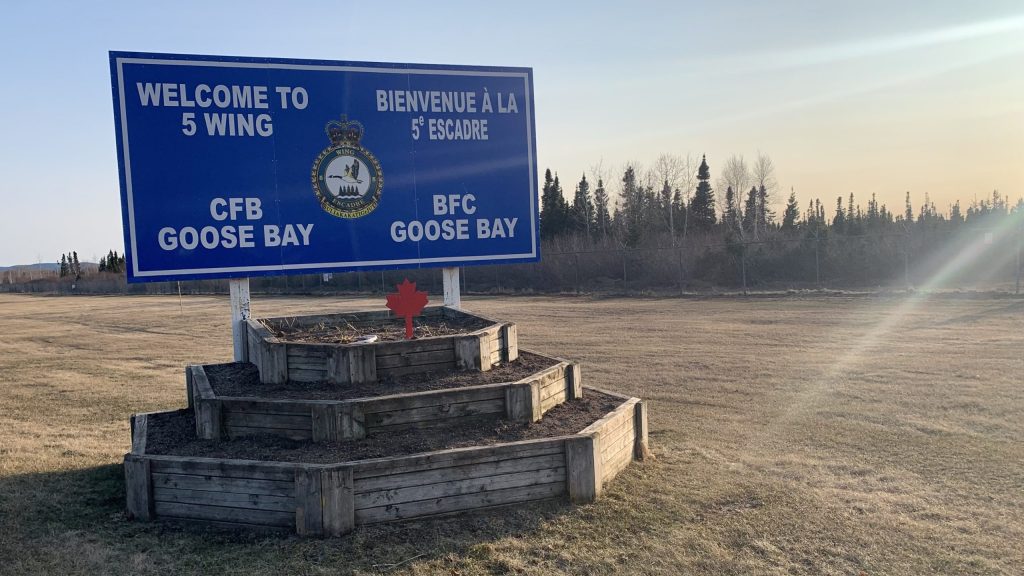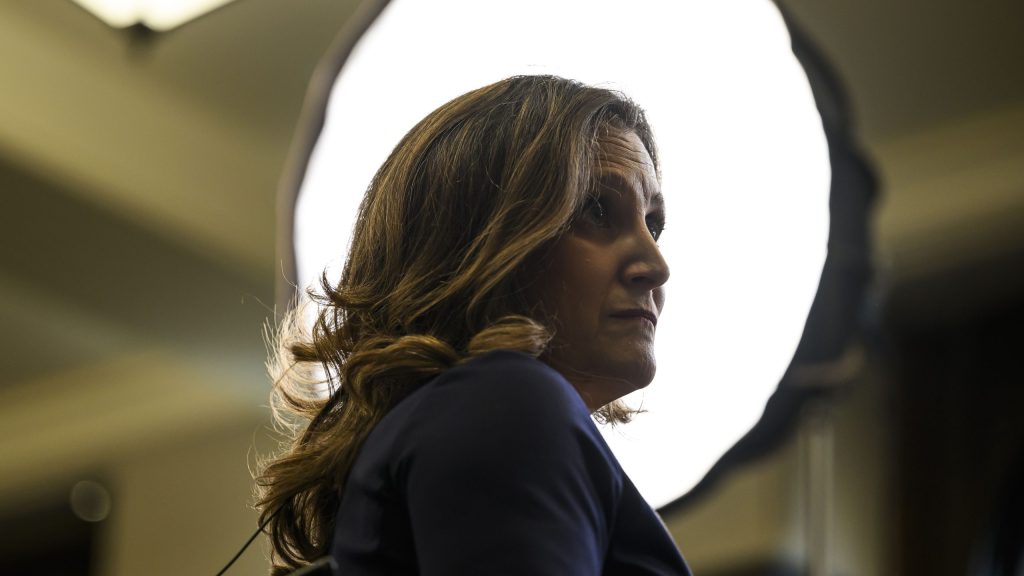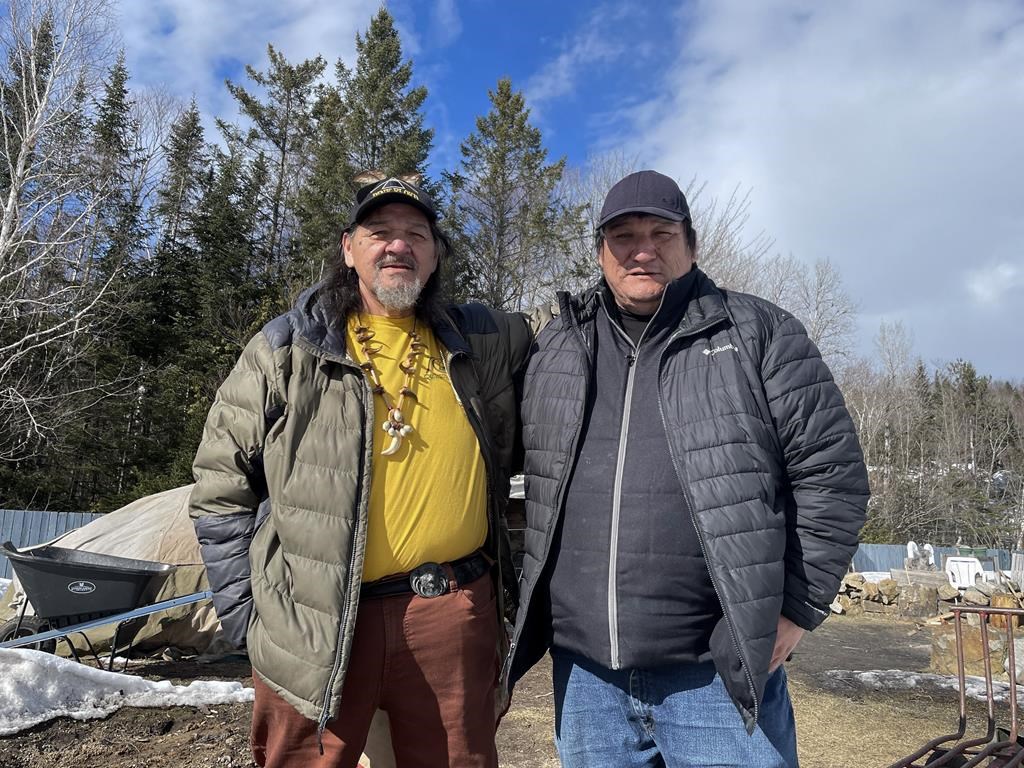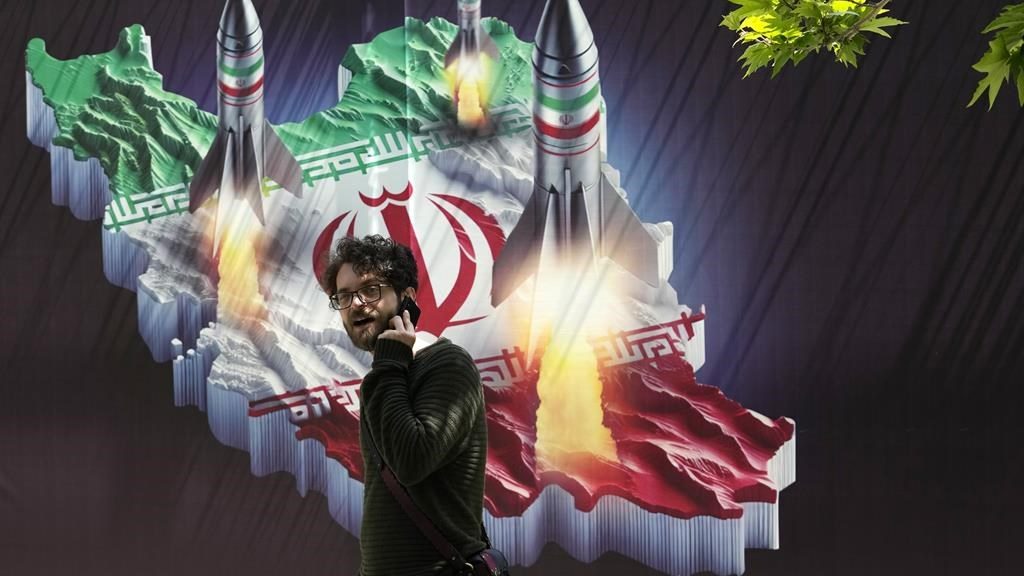France sending 1,000 troops to Central African Republic amid warnings of potential genocide
Posted Nov 26, 2013 04:44:06 AM.
This article is more than 5 years old.
DAKAR, Senegal – France promised Tuesday to send 1,000 troops to Central African Republic amid warnings about the potential for genocide in the near-anarchic former French colony.
Whether the French forces will save lives largely depends on how far the foreign soldiers venture outside the capital, Bangui, to the lawless provinces where mostly Muslim rebels have been attacking Christian villages, and Christian militias have recently launched retaliatory attacks.
The French move comes less than a week after French Foreign Minister Laurent Fabius warned “the country is on the verge of genocide” and marks the second time this year that France has sent troops to a former colony in Africa.
In January, thousands of French soldiers launched an offensive to free northern Mali’s major towns from the control of al-Qaida-linked militants. After that success, the French military is stepping up its efforts in Central African Republic, a lawless country in the heart of the continent.
No other country is expected to take action if France, the former colonial power, doesn’t get involved, said Francois Heisbourg, a French analyst at the Foundation for Strategic Research think-tank in Paris.
“We are a prisoner of history and geography: This is our neighbourhood, and yes, we have troops in the area for historical reasons,” Heisbourg said. “And given the humanitarian situation and the political pressure, there is no way we can avoid doing this.”
However, it is not clear how much can be accomplished by 1,000 French troops in a country of 4.6 million people where many roads have not been repaved since independence in 1960.
An international presence is needed given the limited capacity of Central African Republic’s own security forces, said Christian Mukosa, a researcher with the Africa division of Amnesty International.
“It’s really very important that the French don’t stay only in Bangui, but go to Bouca and other hot spots where currently there are serious human rights abuses and where populations are at risk,” he said.
In the northwest town of Bouca, nun Angelina Santaguiliana said she lives in fear of a rebel attack on her Catholic mission. Already some 2,400 people have sought refuge there in the past week, crowding the floors of the church at night and taking shelter under trees on the mission’s yard.
“If the French come to help with disarmament in our region, it will be a good thing, but if there is fighting it would make things worse,” she said by telephone Tuesday, with the sounds of children wailing in the background.
More than 35,000 other people have sought refuge at another Catholic mission in Bossangoa, according to church officials there.
Central African Republic’s current chaos started late last year when a number of rebel groups joined forces to form the coalition known as Seleka. In March the rebels overthrew the president of a decade and installed their leader in power. But rebel leader-turned-president Michel Djotodia now exerts little control over the renegade fighters in the provinces, most of whom are Muslim and who are accused of committing killings, torture and rape, and forcibly recruiting child soldiers.
France has warned for months about the deteriorating security in Central African Republic, and its pledge follows warnings from the U.N. special adviser on the prevention of genocide who called the crisis in the country “one of the worst human rights and humanitarian crises of our time.”
The conflict’s toll is difficult to determine as the most vicious attacks have taken place in remote villages.
About 1 in 10 people have been displaced from their homes, according to international aid group Medecins Sans Frontieres, or Doctors Without Borders.
Details only trickle in when survivors make their way to safety and the insecurity in the region makes it impossible for aid groups to determine how many have died. And many of the rebels accused of committing atrocities have been integrated into the national army, rendering the country’s security forces unable to combat the cycle of violence.
Reports of killings of civilians and looting emerged in Bangui soon after the rebel invasion in March. The crisis deepened several months later when the rebels began targeting the area of Bossangoa, the home region of ousted President Francois Bozize and many of his perceived supporters. Some villages have been completely decimated with homes burned to the ground. The Christian self-defence militias that emerged are also accused of attacking Muslim civilians, many of whom have suffered under the Seleka rebellion already.
In one attack documented by Human Rights Watch, fearful residents only came out of their houses when a local official reassured them it was safe to talk to the Seleka rebels. Five of those who did venture out were then tied together and grouped under a tree. The fighters shot them one by one, Human Rights Watch said. When one victim did not die, his throat was slit.
A French defence official, who was not authorized to speak publicly about the mission, has said its mandate would authorize troops to end such massacres and restore order throughout the country.
France already has about 420 soldiers in the country, though they are based in the capital of Bangui and primarily provide security at the city’s airport. A regional peacekeeping mission also has helped patrol the capital and has a presence in a limited number of communities across the north.
A plan to transform that regional effort into one led by the African Union went into effect in August, but not all of the expected 3,000 troops are yet on the ground. The stepped up French deployment is envisioned as a “bridging force” until an African force is fully operational and France would take a backup role.
French diplomats also circulated a draft U.N. Security Council resolution calling for additional support for the African Union-led mission. A copy obtained by The Associated Press indicates that they plan to deploy an African Union-led force in the Central African Republic for an initial period of six months to protect civilians and restore security.
The draft would also authorize French forces, for a temporary period, “to take all necessary measures” to support the African Union-led mission. The French draft would also impose an embargo on all types of arms and ammunition to the Central African Republic, and a travel ban on individuals who undermine peace.
France, a former colonial power in West Africa, has a greater military presence in the region than any other Western country, with thousands of troops in countries including Senegal, Chad, Ivory Coast and Gabon.
At the height of this year’s operation in Mali, France had about 4,000 troops whose mission was to dislodge rebels and al-Qaida-linked militants who were advancing on the capital last winter. About 2,800 French soldiers are still there.
Le Drian dismissed any comparisons between the Mali and CAR missions.
“In Mali there was an attack of jihadists, terrorists who wanted to transform Mali into a terrorist state. This is a collapse of a country with a potential for religious clashes,” he said. “France has international responsibilities, is a permanent member of the Security Council, has history with Central African Republic, and the United Nations is asking us to do it.”
___
Hinnant reported from Paris. Associated Press writers Jamey Keaten and Sylvie Corbet in Paris, and Edith M. Lederer at the United Nations contributed to this report.
___
Lori Hinnant: https://twitter.com/lhinnant
Krista Larson: https://twitter.com/klarsonafrica .










